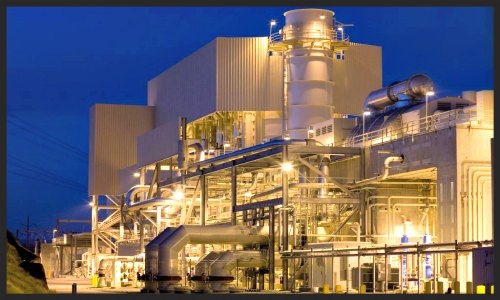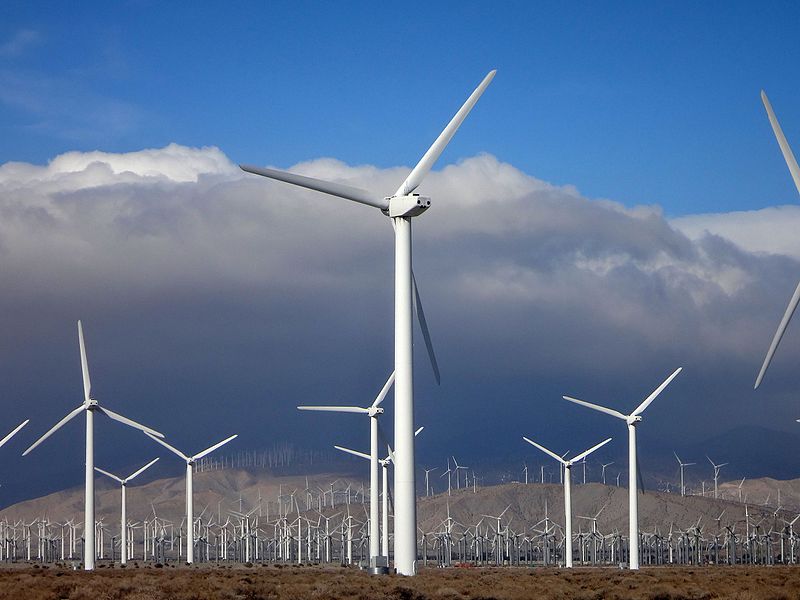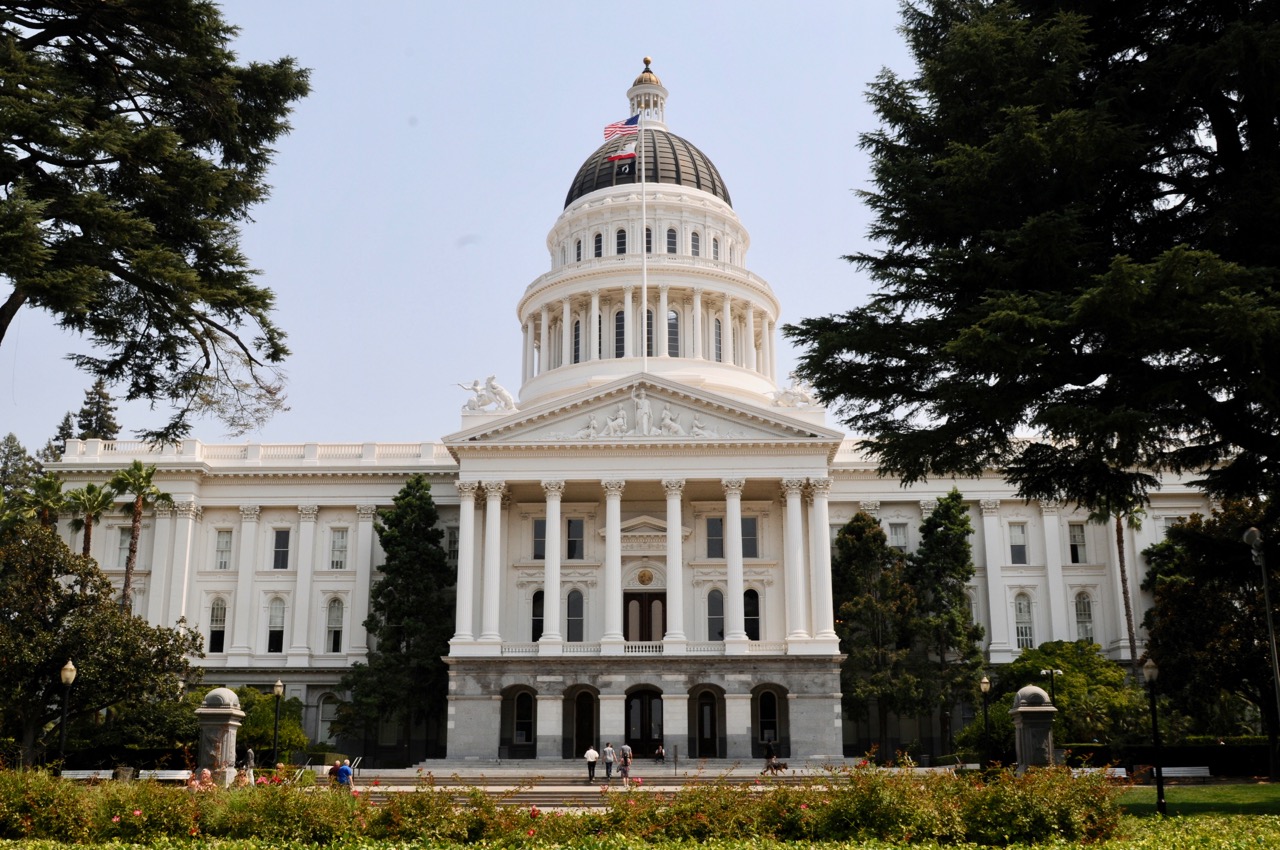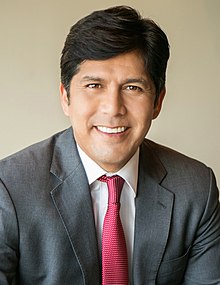
Palomar Energy Center. (Photo: San Diego Gas and Electric)
California Labor and Business Advocates Call For Diverse Energy Options and Solutions
State Legislature has passed mandates for ending the use of natural gas
By Katy Grimes, August 21, 2019 2:05 am
A press conference Tuesday by the California Business Roundtable had state, labor leaders and the business community there to call upon Governor Gavin Newsom to support a wide array of energy options to power the state of California, rather than allowing the current trend of ridding the state of oil and gas energy, and supporting electricity only.
The coalition also expressed concern over the lack of oversight of the California Public Utilities Commission and California Energy Commission of unelected gubernatorial appointees, and their support of energy policies which could thrust California head first into another energy crisis.
The California Business Roundtable wants lawmakers and the governor to address the affordability crisis in California, as well as the realistic energy demands of the state. “California regulators should not be in the business if picking and choosing energy winners,” Lapsley said. “By eliminating renewable natural gas as an option to meet our climate goals, the CEC and CPUC are not only eliminating cost-effective pathways to meeting our goals, they will cost the state valuable green jobs at the same time.”
Notably, California doesn’t have many actual green jobs; sanitation engineers who pick up recyclable garbage are counted as “green jobs.” Even lawyers who sue over California Environmental Quality Act violations are falsely counted as “green jobs.”
Solar panels are not manufactured in California – they are shipped here from China. Yet natural gas is produced in California, creating real jobs, and green ones at that.
The City of Berkeley just passed a plan approving a “Fossil Fuel Free Berkeley,” banning the use of any natural gas. “This may be right for Berkeley, but it’s not for all Californians,” said Rob Lapsley, President of the California Business Roundtable, Tuesday at a press conference. “We need diversity in energy supplies. Manufacturing and bio-tech will not survive without natural gas.” Nor will many other industries and jobs.
Prior to leaving office, former California Gov. Jerry Brown signed legislation aimed at stopping President Donald Trump’s plans to expand offshore oil drilling along the California coast. Brown signed two laws that prohibit construction of new pipelines that could bring the oil and gas to shore. Brown even called for a total ban on internal combustion engine automobiles in the state.
California has billions of barrels of oil and trillions of cubic feet of natural gas on and off shore, yet our state is still doing everything it can to eliminate this vital sector of our economy, even though we are the most automobile-centric state in the country.
The California Public Utilities Commission is in the process of implementing SB 1477 by Sen. Henry Stern (D-Malibu), which directs the PUC to create two new “voluntary” incentive programs to promote the use of highly efficient building appliances.
According to the Public Utilities Commission, the Building Initiative for Low Emissions Development (BUILD) program, will offer up to $20 million per year for four years to promote the construction of new residential housing that utilizes near-zero-emission building technologies. The second program, the Technology and Equipment for Clean Heating (TECH) program, will offer up to $30 million per year for four years to promote purchases of low-emission space and water heating equipment.
Interestingly, the PUC claims, “There have been recent news articles highlighting false and misleading claims made by several advocacy organizations about the continuation of natural gas use in buildings. The CPUC prepared a “fact sheet” that dispels of these inaccuracies and “myths.”
However, the California Air Resources Board says the opposite in its “Building Decarbonization in California: Market Transformation at Scale:”
?Since buildings are responsible for over a quarter of the state’s greenhouse gas (GHG) emissions, eliminating those emissions will be key to meeting the 2045 carbon goal. California will only meet its 2045 carbon neutrality goal if it transitions the vast majority of building energy use away from fossil fuels.”
CARB admits in Phase One the plan is to prevent further expansion of gas delivery:
Phase One – Market Readiness
Develop market fundamentals through five critical activities:
-
- Accelerate high-volume manufacturing of decarbonization equipment by focusing on new construction and existing electric heating homes;
- Create a solid value proposition for early actors, including contractors;
- Activate early demand in publicly-owned buildings;
- Align policies to remove structural barriers to entry; and
- Develop tools to limit further expansion of the gas delivery system that will not serve the state’s 2045 climate goals.
The Building Decarb Coalition even admits on Twitter the real plan is to force all buildings to get rid of natural gas energy use:

The CPUC put out a statement denying this: “There is no such mandate. The BUILD and TECH programs create incentives for utility customers to invest in new low carbon-emitting building technologies. Note that the fact sheet mainly focuses on two new voluntary incentive programs established by SB 1477 (Stern, 2018) to help decarbonize the state’s building stock and achieve our leading climate goals. These programs are currently under development at the CPUC.”
They claim they are only “policy initiatives aimed at decarbonizing the state’s building stock.”
However, at the April 25 California Public Utilities Commission voting meeting, Commissioner Genevieve Shiroma shared her support of the plan:
“I really enjoyed learning about the approaches that are contemplated to building decarbonization, and that essentially means electrification of buildings and transitioning off of gas…” Her comments are located at 1:44:00 in the meeting: http://www.adminmonitor.com/ca/cpuc/voting_meeting/20190425/
Shiroma was a long-time member of the California Air Resources Board.
Next: Business and Labor leaders support diverse energy solutions
- What is Trump’s Plan B After Supreme Court Strikes Down Tariffs? - February 20, 2026
- New BLS Data Shows Union Membership Drives Falling Flat - February 19, 2026
- NY Federal Reserve Tariff Report an ‘Embarrassment’ - February 19, 2026





“…rather than allowing the current trend of ridding the state of oil and gas energy, and supporting electricity only.”
Other than electricity what other form of power is available for households and businesses ?
Actually, I think both California and New York and by default New England are leading the way as to how NOT to meet the challenges of the 21st Century energy TRANSITION. Both these states are “way out in front of their ski’s” on these developing mandates that greatly LIMIT their energy options. What I am hoping is that in the next 3-5 years the results of some of these short sighted decisions will become PAINFULLY obvious to the rest of the country. Energy imperatives are not about politics, they are about PHYSICS. Maybe we can use a couple “test areas” to help channel a more constructive conversation towards (finally) some sensible & coherent national energy policies…